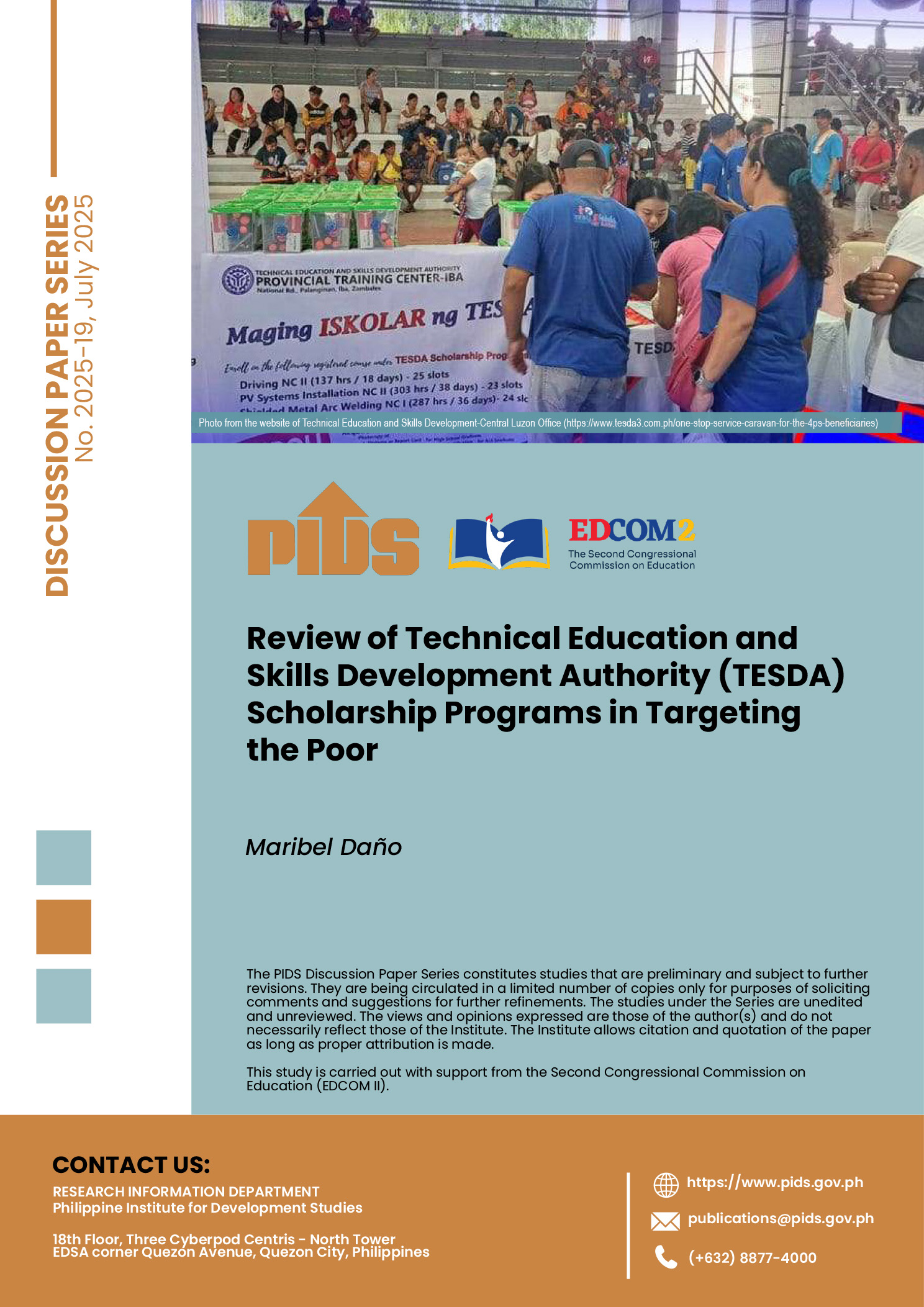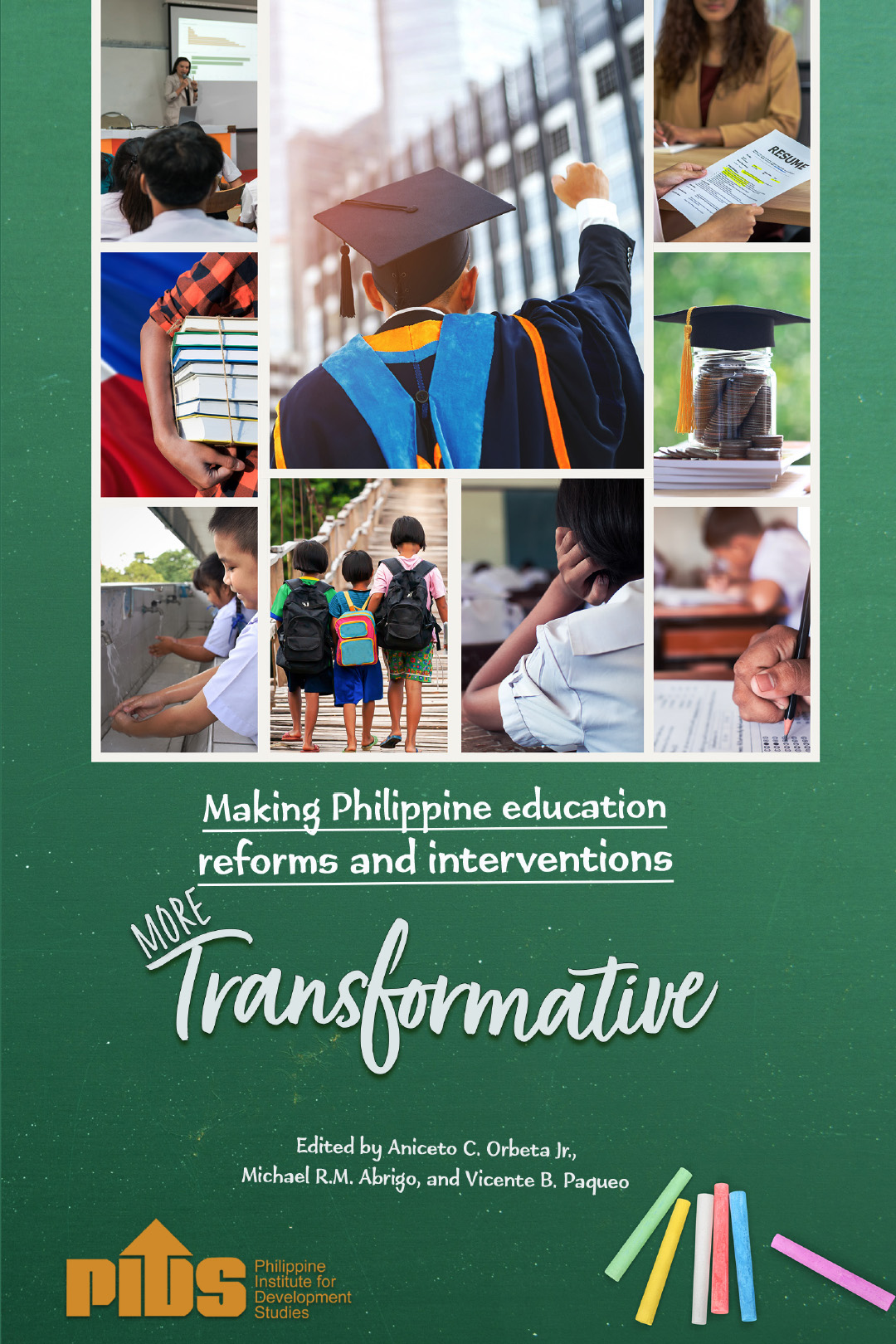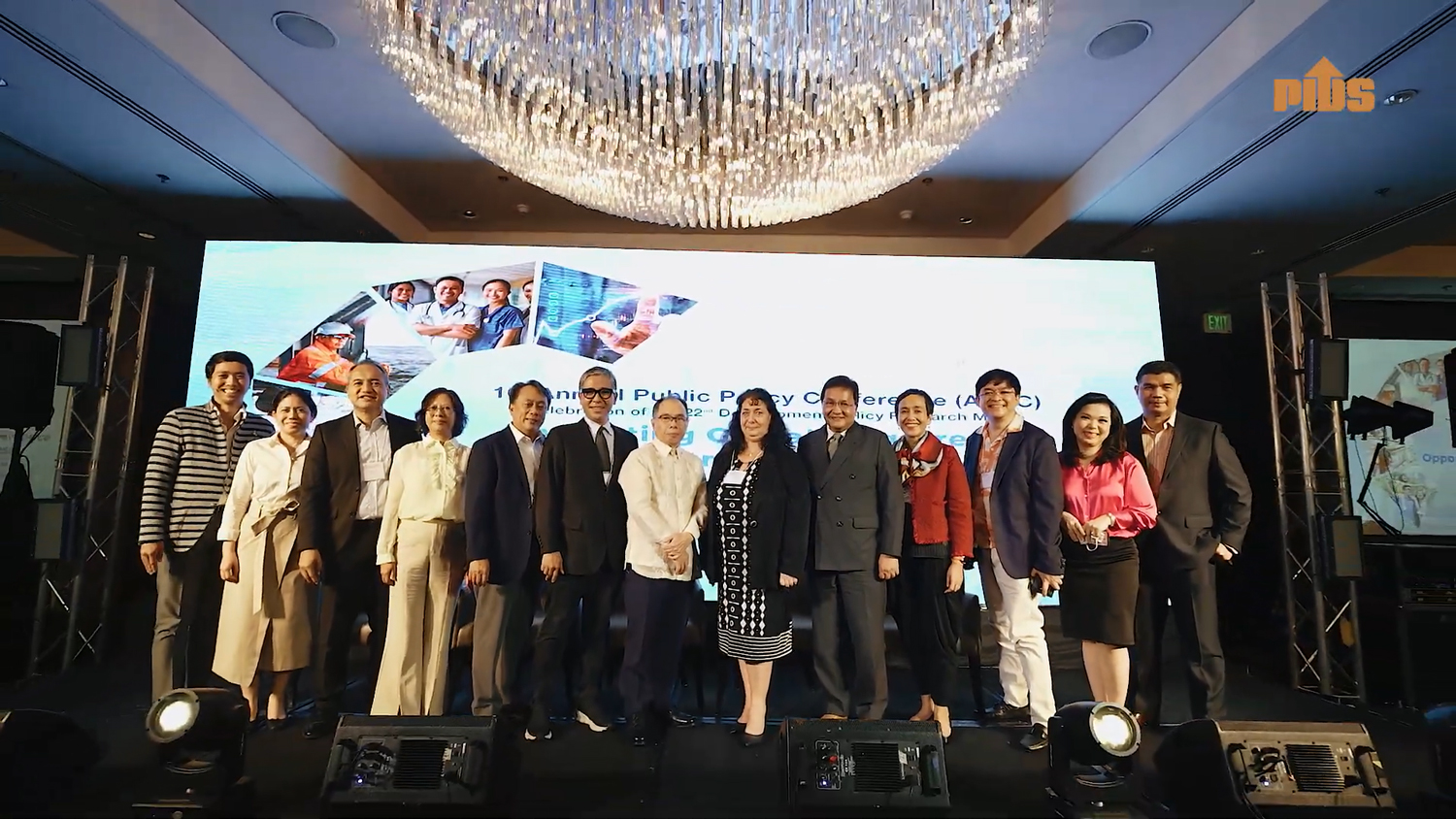More poor Filipino children will have the opportunity to go to school and complete their primary and secondary education if the national government would strengthen the implementation of free public school education and enhance its job-generation agenda, according to a study released by state-owned think tank Philippine Institute for Development Studies (PIDS).
This is based on the study titled Schooling Outcomes in the Philippines, 1988-2008: Impacts of Changes in Household Income and the Implementation of the Free Public Secondary Education Act authored by PIDS Research Specialist Ma. Laarni D. Revilla.
The study stated that there is a need to strengthen Republic Act (RA) 6655, or the Free Public Secondary Education Act of 1988, and increase job opportunities of parents so that more children can stay in school, as well as increase their chances of completing their primary and secondary education.
"The improvements in cohort survival rates indicate that more Filipinos were able to finish elementary or secondary schools. The increases in average years of schooling and in the proportion of population with higher educational attainment show that households were able to sustain schooling for a much longer period,” Revilla said.
"Thus, there is a need to strengthen RA 6655 as these types of reforms provide easier access to schooling. Finally, it is important to provide jobs to households so they can earn the income that they need to support and sustain their children’s schooling,” she added.
Revilla’s study revealed there was a decrease in education inequality because of RA 6655. Her study showed the greatest decrease in education inequality was observed in the Autonomous Region in Muslim Mindanao (ARMM), Soccskargen, Cordillera Autonomous Region.
Regions where education inequality posted the least declines were in the National Capital Region, Ilocos, Mimaropa and Northern Mindanao.
Free public education, jobs key to keeping kids in school












